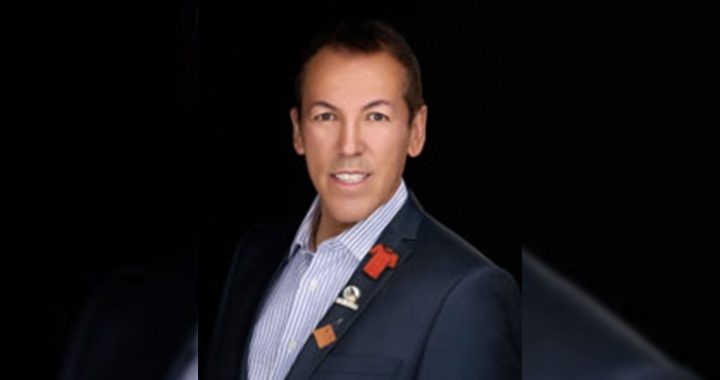The province of Alberta hasn’t made the request yet, but police chiefs in the province aren’t waiting for politicians to ask permission from Health Canada for an exemption to the criminal code for people caught with small amounts of illegal drugs.
Health officials from a couple of jurisdictions in Canada say it will decriminalize drug use and instead of being arrested, people will be pointed to health professionals who can help.
But the issue, police chiefs from various jurisdictions say, is the lack of support available to people with addictions problems.
“We are currently under-resourced due to working off of fixed, under-funded budgets,” says Blood Tribe police chief Iron Shirt. “This lack of resources has put us in a position where we are unable to act efficiently to any negative consequences to the decriminalization of possession of hard drugs.”
The Blood Tribe is in the throes of its own opioid crisis. The community located 200 km south of Calgary, set up a task force to try and get the situation under control.
“These teams meet regularly and to implement the recommendations identified earlier this year. We will be meeting again to continue to strategize into next year. We will also be introducing the Teams to the community with their respective mandates to share goals, strategies and information,” says the Blood Tribe website.
The Blood Tribe isn’t the only community dealing with this crisis. According to Alberta, First Nations are most at risk of opioid poisoning.
“Across all measured indicators related to opioid use, First Nations people in Alberta have disproportionally higher rates compared to their Non-First Nation counterparts,” says a joint report from The Alberta First Nations Information Governance Centre and the province.
“First Nations people represent approximately 6 per cent of the Alberta population, yet they represent 22 per cent of all opioid poisoning deaths from in 2020. This is an increase from 14 per cent in 2016.”
The opioid crisis has touched almost every community in Canada. According to Health Canada, nearly 25,000 people across the country have died from “apparent opioid toxicity” since 2016.
In British Columbia, 7,700 deaths have been attributed to drug overdoses. It’s at such an extreme, the province asked Health Canada for an exemption under Section 56 (1) of the Controlled Drugs and Substances Act for people caught with small amounts of illegal drugs arguing that substance abuse and addiction is a public health issue, not a criminal one.
“Despite our government investing in addiction treatment and prevention at an unprecedented level, despite this and more we have lost thousands of lives,” says Sheila Malcomson, minister of Mental Health and Addictions in B.C.
That permission hasn’t been granted yet.
“All requests submitted to Health Canada for a section 56 exemption under the Controlled Drugs and Substances Act (CDSA) to decriminalize the personal possession of small amounts of controlled substances are currently going through the review process,” says a statement from Health Canada to APTN News.
“Each request for an exemption under the CDSA is carefully and thoroughly reviewed on a case-by-case basis, taking into account all relevant considerations, including consultation with Indigenous Peoples, as well as evidence of potential benefits and risks or harms to the health and safety of those covered by the request. As a result, Health Canada works closely with the requester to obtain all necessary information.”
Toronto’s board of health said it would also seek permission from the federal government to allow drug users to carry small amounts for personal use.
Read More:
Thousands have died of drug overdoes since B.C. declared a state of emergency in 2016 – now what?
Yukon declares substance use health emergency in response to opioid deaths
Calgary police chief Mark Neufeld says the province isn’t ready to make the same request.
“We do not believe that necessary health supports including immediately accessible treatment services are presently available for this purpose,” says Calgary Police Chief Mark Neufeld at a news conference with other police officials.
APTN News asked Alberta Mental Health and Addictions Minister Mike Ellis’s office if the province plans to make the same request to Health Canada. No one responded.
In the Yukon, the territorial government has declared a substance use emergency after a string of deaths linked to opioid use.










